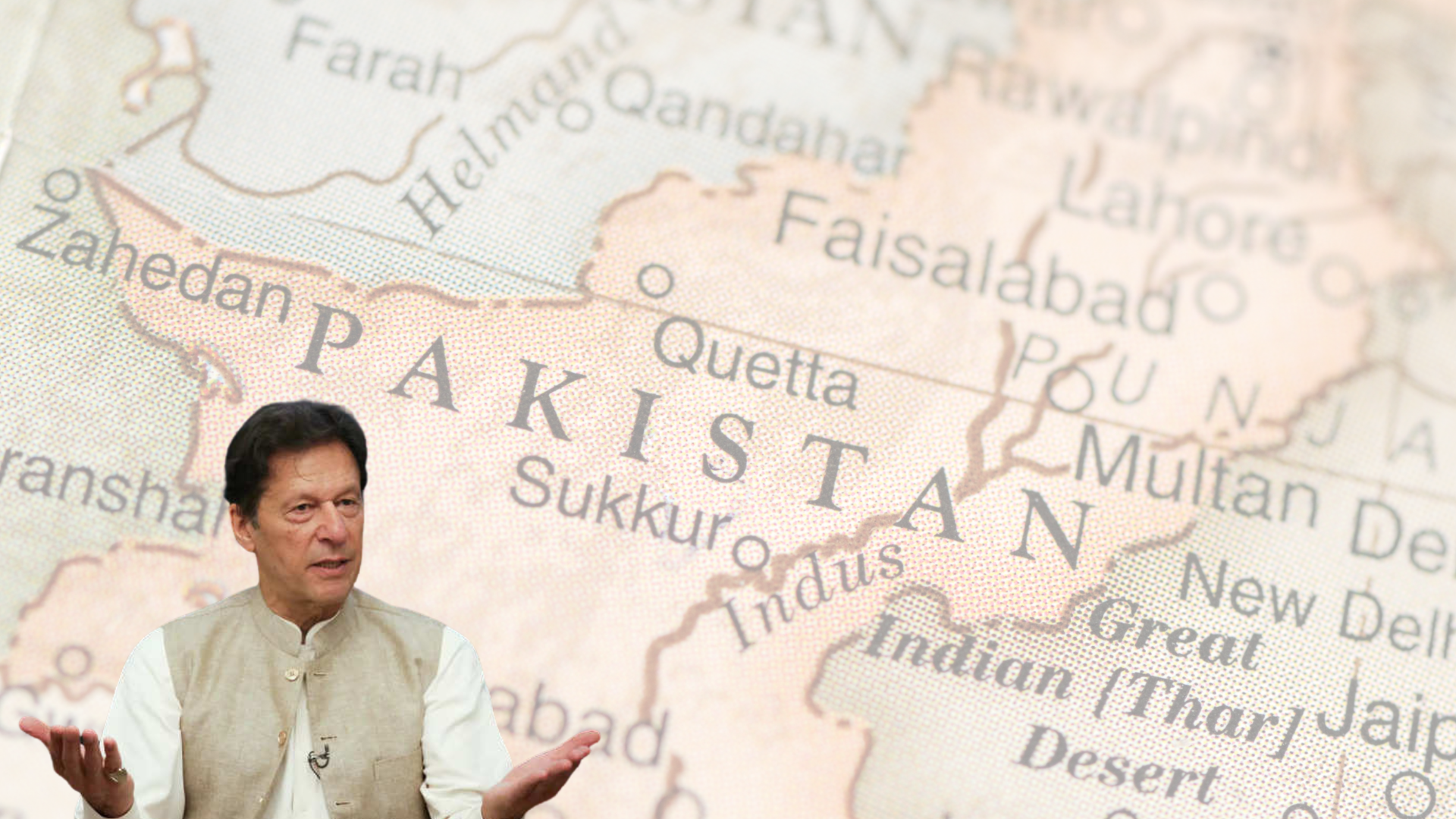Over the past few months, the political landscape in Pakistan stands completely transformed. Despite being elected in August 2018, Imran Khan – leader of PTI (Pakistan Tahreek-e-Insaf) was ousted from government through no-confidence motion earlier in April 2022. The apparent decision for his removal lays in the fact that Imran Khan was seen as an incompetent leader by respective government officials. The opposition party PML-N (Pakistan Muslim League) is currently led by Shehbaz Sharif – the brother of the former three-time Prime Minister of Pakistan Nawaz Sharif. PML-N roots its opposition in the notion that Khan brought Pakistan on the brink of a serious crisis characterised by economic, social and political shortcomings. Nawaz Sharif himself was removed from power by the Supreme court of Pakistan after revelations from the Panama leaks which indicated his involvement in corruption.
Meanwhile, Imran Khan remains firm in his conviction that his removal from power was part of a wider international conspiracy with the US as the key perpetrator. His party vehemently deny recognition for opposition parties – especially the PML-N that have already seen their leaders ousted from the government under serious corruption charges. Khan claims that the conspiracy to oust him came into effect immediately after he tried to put Pakistan on the path of independent foreign policy that entailed refusals to stand with Washington over certain issues that concerned Afghanistan, Russia, and China.
Khan’s removal generated public outcry with protests and support for the PTI reaching record breaking numbers. He toured across Pakistan to lead protests and demonstrations against the new government demanding renewed elections in all four provinces. While there is unclarity and disagreement surrounding the exact number of people attending these demonstrations, he seems to enjoy a considerable support of the masses. The main issue arising from the recent protests is treatment meted out to PTI supporters and protestors by the authorities. However, damage to public property too remained substantial.
Irrespective of whether we agree or disagree with Imran Khan’s politics administration, the ongoing crackdown against leaders and sympathizers of the opposition is a clear case of the curtailment of the rights of freedom of speech and the right to protest. Imran Khan has recently declared that his party will take the case of violence on his workers and supporters during his Azadi (freedom) march to higher judiciary. Matters particularly deteriorated after his recent march to Islamabad in May 2022 where workers and supporters have reportedly suffered intense injuries from tear gas shelling, batons, and other forms of third degree atrocities. Ambulances had to be called to the protest sites to take numerous individuals to the hospital to treat their injuries, and the police have detained roughly 400 PTI members. Islamabad police have reportedly filed a total number of 16 cases against Imran Khan and other senior members of PTI such as Asad Umar and Shah Mahmood Qureshi following the azadi march. Alongside this, members of PTI have been victim to late night house raids, harsh interrogations, and public humiliation. There have been restrictions on journalists on covering the protests and security measures have been intensified across the country to limit the march. This has not only delayed the PTI’s progress to obtain justice, but also demonstrated to the public that their opposition to the new government will not be tolerated. Section 144 was further invoked as an emergency law to constrain large public gatherings in Pakistan’s major cities such as Lahore, Karachi, Islamabad, and Rawalpindi. While the new government accused Khan for instigating chaos and sees the new developments as a threat to their position, Khan maintains that so far the marches have remained peaceful and have not shown signs of enticing violence. The government crackdown on recent demonstrations highlights the brutality of the new administration and their refusal to abide by democratic values through restricting the right for Pakistanis to protest. As of now, Khan vowed to take the violence against his sympathizers to of international human rights organisations, in a pledge to assert democracy. In Khan’s eyes the violence indicates that the country is heading towards authoritarianism and fascism.
It is clear that both Imran Khan and the dispensation under Shehbaz Sharif must come to an agreement to settle tensions. The current climate of arresting and violating demonstrators and party leaders, accusations and disagreement is creating a climate of suffocating censorship. Regardless of their political views, citizens in general must be allowed to express their opinions. To deny people fair elections and restrict their rights to participate in demonstrations violates fundamental human rights. International human rights groups and the media need to play a proactive role, focusing on highlighting common grievances and endeavouring to provide people a fair chance to fight for their rights in Pakistan.

